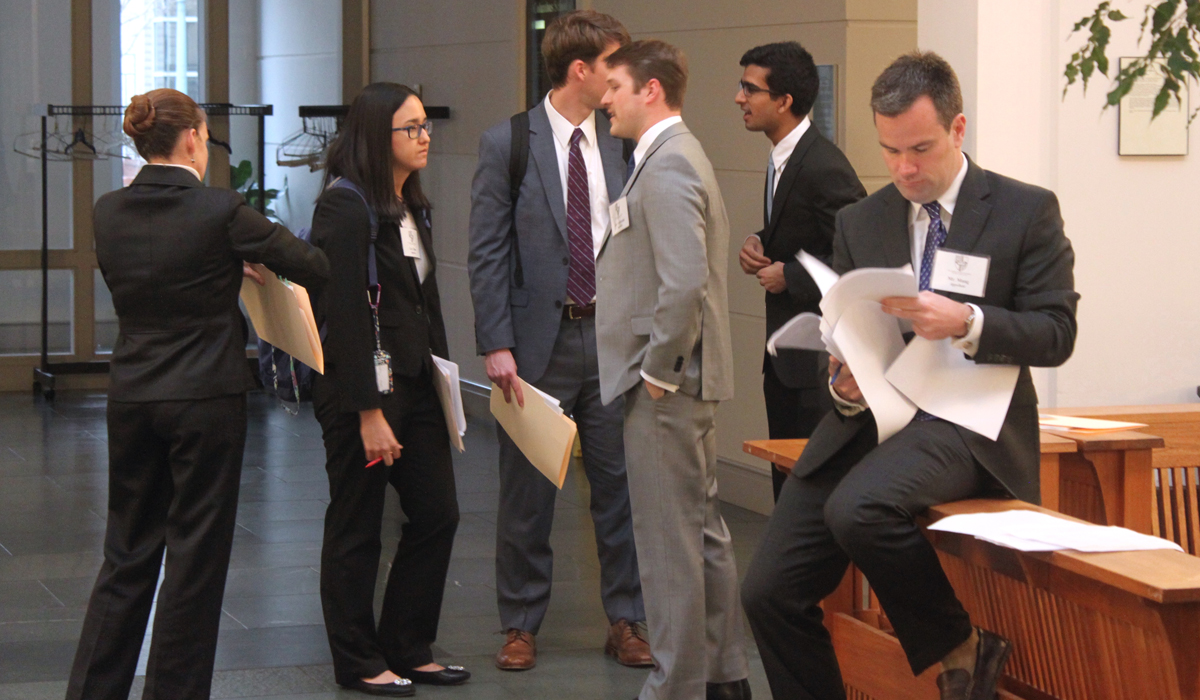The main goal of the Comparative and International Law Institute (CILI) is to expose students to the public and private fields of international law, comparative law, international trade, and business and private foreign investment. In the mid-1980s, the Columbus School of Law was convinced that a program in international law — understood broadly as a package of courses oriented on public international law, comparative law, and international business and trade — would be an important element in a law student's preparation for practice. Regardless of the area in which a lawyer would choose to work, the Law School believed that students must at least recognize the value and usefulness of the skills and knowledge gained from the study of international law in our expanding and globalizing world. As a result, in 1985 the Columbus School of Law established an international law program to allow students the opportunity to select international law as an area of concentration and take specialized international and comparative law courses during their second and third years in law school.
The Comparative and International Law Institute has graduated more than 200 students with extensive experience in the international arena. Graduates are able to conduct international business directly with foreign governments, business enterprises, and financial institutions around the globe, and put their skills to work in aid and relief organizations all over the world. Students who successfully complete the program are distinguished at commencement with a certificate in comparative and international law.
The law school's location in Washington, D.C .— the legislative, judicial, and administrative center of the United States and the focal point of international politics — offers students unique opportunities for research and fieldwork experience in international law not available to students in other regions of the country. In addition to being the center of government, the nation's capital is headquarters for the World Bank, International Monetary Fund, International Finance Corporation, United States Agency for International Development, and countless other international government and non-governmental organizations.
The Institute conducts research and sponsors colloquia and symposia on subjects that vary widely and have included joint ventures in Europe and international terrorism. Significant research is underway regarding comparative constitutional law and comparative aspects of human rights protection.

